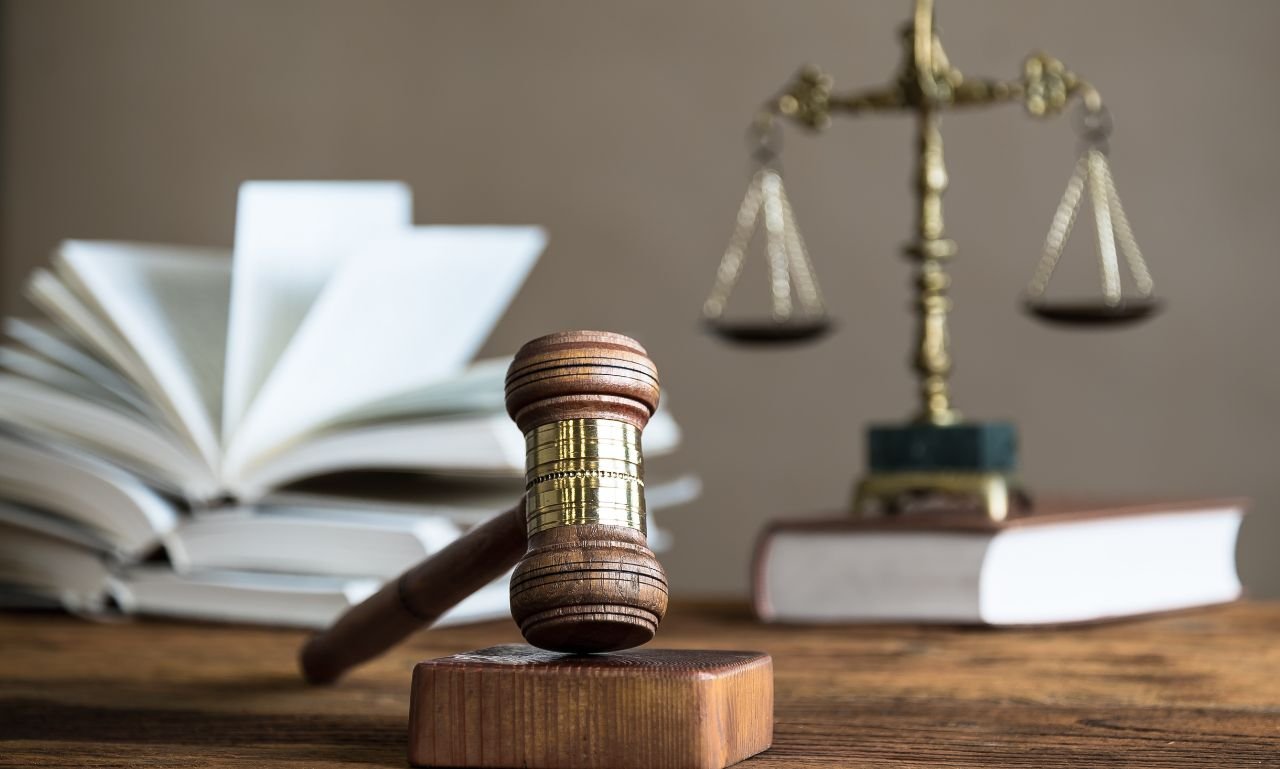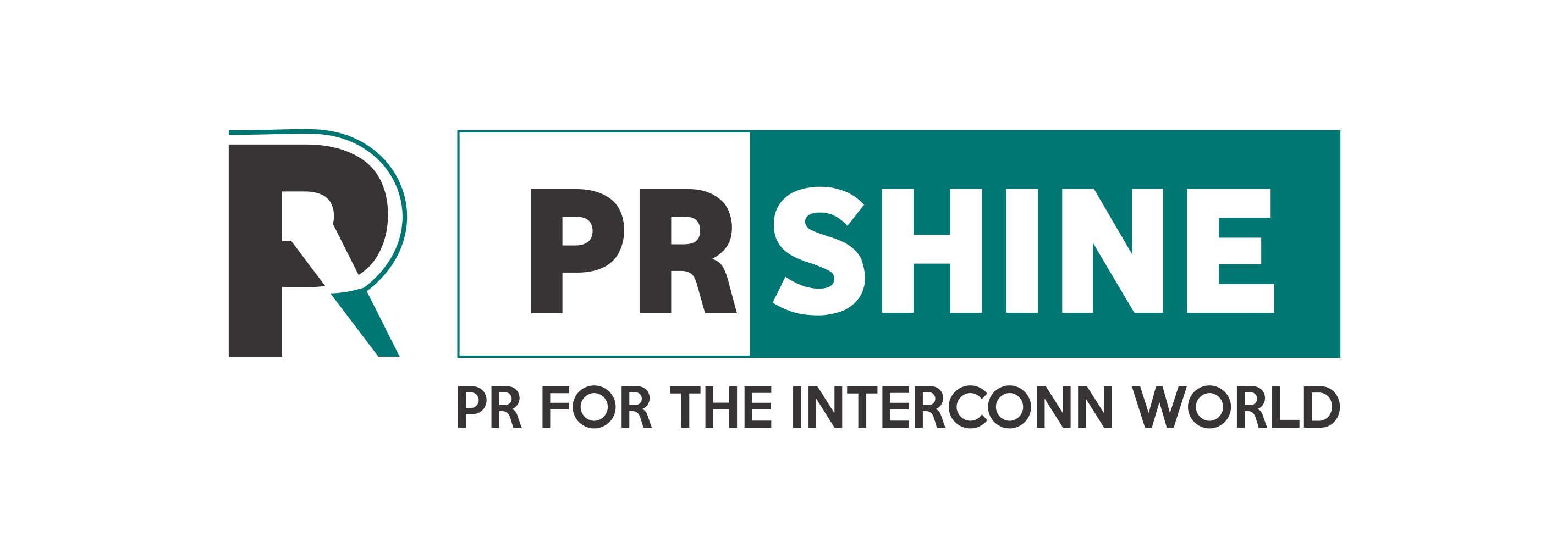Local Law 11 Contractor: Ensuring Compliance and Safety

Local Law 11, also known as the Facade Inspection Safety Program (FISP), is a crucial regulation implemented in New York City aimed at ensuring the safety and integrity of building facades. Complying with Local Law 11 requirements is essential for property owners to avoid penalties and maintain the safety of occupants and pedestrians. In this article, we delve into the role of Local Law 11 contractors, the importance of compliance, and how to find the right contractor for your project.
Introduction to Local Law 11
Local Law 11 mandates periodic inspections of building facades to identify and address any unsafe conditions promptly. The law aims to prevent accidents such as falling debris, which pose significant risks to public safety. Compliance with Local Law 11 is not only a legal obligation but also a moral responsibility for property owners.
Understanding Local Law 11 Requirements
Under Local Law 11, building facades must undergo inspection every five years by a licensed professional engineer or architect. The inspection evaluates the condition of exterior walls, balconies, and appurtenances to determine any potential hazards. Following the inspection, the property owner must address any necessary repairs or maintenance to ensure compliance with safety standards.
Role of Local Law 11 Contractor
A Local Law 11 contractor plays a pivotal role in helping property owners comply with the regulation. These contractors specialize in facade inspection, repair, and maintenance, possessing the expertise and resources necessary to ensure the safety and structural integrity of buildings. Responsibilities of a Local Law 11 contractor include conducting thorough inspections, recommending appropriate repairs, and overseeing the implementation of corrective measures.
Finding the Right Local Law 11 Contractor
Selecting the right contractor is paramount to the success of your Local Law 11 compliance efforts. Begin by conducting thorough research and seeking recommendations from trusted sources such as fellow property owners or industry professionals. When evaluating potential contractors, verify their credentials, experience, and track record of successful projects.
Benefits of Hiring a Local Law 11 Contractor
Hiring a qualified Local Law 11 contractor offers numerous benefits, including ensuring compliance with regulatory requirements, minimizing liability risks, and safeguarding the well-being of building occupants. By entrusting the inspection and repair process to a reputable contractor, property owners can avoid costly fines and legal disputes while maintaining a safe and aesthetically pleasing facade.
Factors to Consider Before Hiring
Before hiring a Local Law 11 contractor, consider factors such as your budget, project timeline, and specific requirements. Obtain multiple quotes from different contractors to compare costs and services offered. Additionally, discuss the project timeline and ensure that the contractor can accommodate your schedule without compromising quality or safety.
The Local Law 11 Inspection Process
The Local Law 11 inspection process involves a comprehensive assessment of the building facade, identifying any defects or structural deficiencies. Common issues addressed during inspections include cracks, spalling concrete, loose bricks, and deteriorated mortar joints. Based on the findings, the contractor will develop a remediation plan to address any necessary repairs or maintenance.
Common Issues Addressed by Local Law 11 Contractors
Local Law 11 contractors are equipped to address a wide range of facade issues, including facade repairs, waterproofing, and structural reinforcement. These professionals possess the technical expertise and specialized equipment necessary to tackle complex repair projects safely and effectively.
Cost Considerations
The cost of Local Law 11 compliance varies depending on factors such as the size and condition of the building, scope of work required, and contractor rates. Property owners should budget accordingly and allocate funds for both the inspection and repair phases of the project. To minimize costs, consider proactive maintenance and address minor issues before they escalate into major repairs.
Tips for Successful Project Management
Effective communication and project management are essential for ensuring the success of your Local Law 11 compliance project. Maintain open lines of communication with your contractor and stakeholders, providing regular updates and addressing any concerns promptly. Establish clear project milestones and monitor progress closely to ensure timely completion.
Legal Compliance and Documentation
Compliance with Local Law 11 necessitates proper documentation of inspection reports, repair plans, permits, and contractor agreements. Failure to maintain accurate records can result in legal repercussions and complications during future inspections or property transactions. Property owners should work closely with their contractor to ensure all documentation is complete and up-to-date.
Quality Assurance and Warranty
When hiring a Local Law 11 contractor, prioritize quality assurance and seek contractors who offer warranties on their workmanship. A reputable contractor will stand behind their work and provide assurances that repairs will be completed to the highest standards. Be sure to review the terms of the warranty carefully and address any concerns with the contractor before signing the agreement.
Case Studies and Examples
To gain insight into the benefits of hiring a Local Law 11 contractor, consider reviewing case studies and examples of successful projects. These real-life examples demonstrate the impact of proactive facade maintenance and the role of contractors in ensuring compliance and safety.
Community Impact and Stakeholder Involvement
Local Law 11 compliance projects can have a significant impact on building occupants, neighboring properties, and the surrounding community. Engage with residents and stakeholders throughout the process, addressing any concerns and minimizing disruptions to daily activities. By fostering positive relationships and open communication, property owners can navigate the compliance process more effectively.
Conclusion
In conclusion, compliance with Local Law 11 is essential for ensuring the safety and structural integrity of building facades in New York City. By hiring a qualified Local Law 11 contractor and adhering to regulatory requirements, property owners can mitigate risks, avoid penalties, and safeguard the well-being of occupants and pedestrians.


 davidroger
davidroger 









